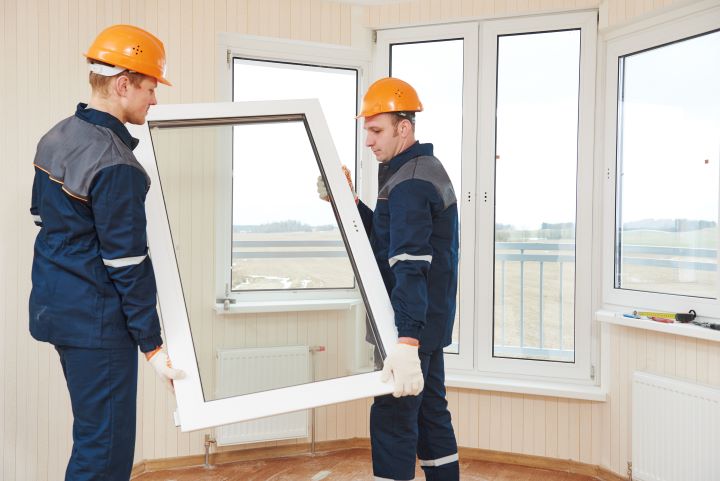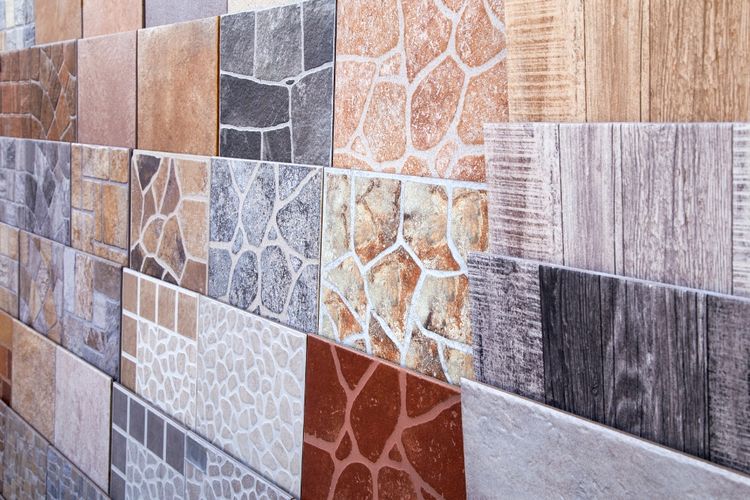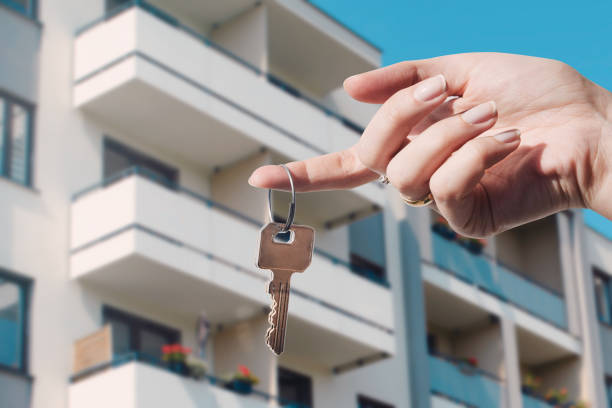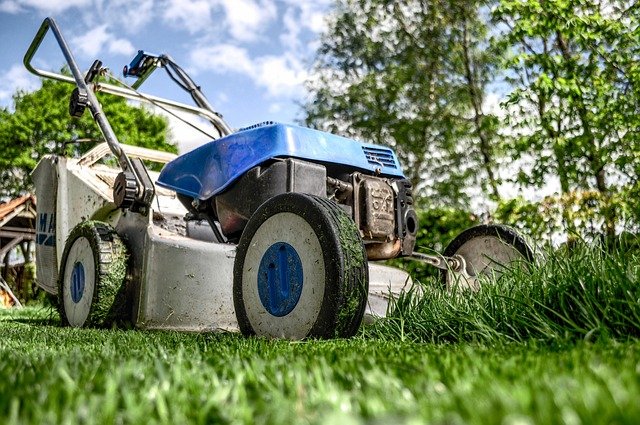How to Transform Floors With Resin Flooring: A Durable Solution for Interiors and Exteriors
Resin flooring, also known as epoxy flooring, has become a practical option for improving the appearance and functionality of various floors - from residential to commercial areas. Due to its resistance to everyday wear, resin flooring provides a smart, durable way to upgrade any floor.

Resin flooring has emerged as a game-changing solution for property owners seeking durable, attractive surfaces that perform exceptionally in demanding environments. These polymer-based systems create seamless floors that resist wear, chemicals, and moisture while maintaining their appearance for years.
Key Benefits of Resin Flooring
Resin flooring systems offer numerous advantages that set them apart from conventional flooring materials. The seamless nature eliminates joints and cracks where dirt and bacteria can accumulate, making these surfaces highly hygienic and easy to clean. Chemical resistance protects against spills, stains, and corrosive substances, while exceptional durability ensures the flooring withstands heavy foot traffic and equipment loads.
The slip-resistant properties enhance safety in wet conditions, and the wide range of colors and finishes allows for customized aesthetic solutions. Additionally, resin floors cure quickly, minimizing downtime during installation, and their smooth surface reduces dust accumulation, improving indoor air quality.
Suitable Applications for Interior and Exterior Spaces
Resin flooring adapts to diverse environments, making it suitable for both interior and exterior applications. Industrial facilities benefit from its chemical resistance and durability, while commercial kitchens appreciate its hygienic properties and easy maintenance. Retail spaces utilize decorative resin systems to create attractive, durable surfaces that handle constant foot traffic.
For residential applications, resin flooring transforms garages, basements, and workshops into functional, attractive spaces. Healthcare facilities rely on seamless resin surfaces to maintain sterile environments, while educational institutions choose these systems for their durability and low maintenance requirements. Exterior applications include walkways, patios, and pool decks where weather resistance and slip prevention are crucial.
Installation Process and Preparation Requirements
Successful resin flooring installation begins with thorough surface preparation, which determines the system’s long-term performance. The existing substrate must be clean, dry, and structurally sound. Concrete surfaces typically require diamond grinding or shot blasting to create the proper profile for adhesion, while any cracks or imperfections need repair before application.
The installation process involves applying a primer coat to seal the substrate and enhance adhesion. Multiple resin coats follow, with each layer requiring proper curing time. Professional installers use specialized equipment to ensure uniform thickness and eliminate air bubbles. Temperature and humidity control during application prevents defects and ensures optimal curing.
Surface preparation accounts for approximately 80% of installation success, making professional assessment and preparation essential for achieving desired results.
| Service Provider | Installation Type | Cost Estimation |
|---|---|---|
| Industrial Flooring Solutions | Epoxy Systems | $3-8 per sq ft |
| Commercial Resin Specialists | Polyurethane Coatings | $5-12 per sq ft |
| Residential Floor Contractors | Decorative Systems | $4-10 per sq ft |
| Specialty Coating Companies | High-Performance Systems | $8-15 per sq ft |
Prices, rates, or cost estimates mentioned in this article are based on the latest available information but may change over time. Independent research is advised before making financial decisions.
Maintenance Practices for Long-Term Performance
Proper maintenance ensures resin flooring systems deliver their expected lifespan and performance characteristics. Regular cleaning with appropriate detergents maintains appearance and prevents buildup of contaminants that could compromise the surface. Avoiding harsh chemicals and abrasive cleaning methods protects the resin coating from premature wear.
Periodic inspection identifies potential issues before they become major problems. Small scratches or chips should receive prompt attention to prevent moisture intrusion and substrate damage. Reapplication of topcoats every few years refreshes the surface and extends system life, particularly in high-traffic areas.
Implementing preventive measures such as entrance mats, protective pads under heavy equipment, and prompt spill cleanup significantly extends flooring life. Professional maintenance programs can optimize cleaning procedures and schedule necessary repairs or refreshing treatments.
Resin flooring systems represent a smart investment for property owners seeking durable, attractive surfaces that perform reliably across diverse applications. The combination of durability, aesthetics, and low maintenance requirements makes these systems increasingly popular in both commercial and residential settings. With proper installation and maintenance, resin flooring delivers exceptional value and performance for years to come.




